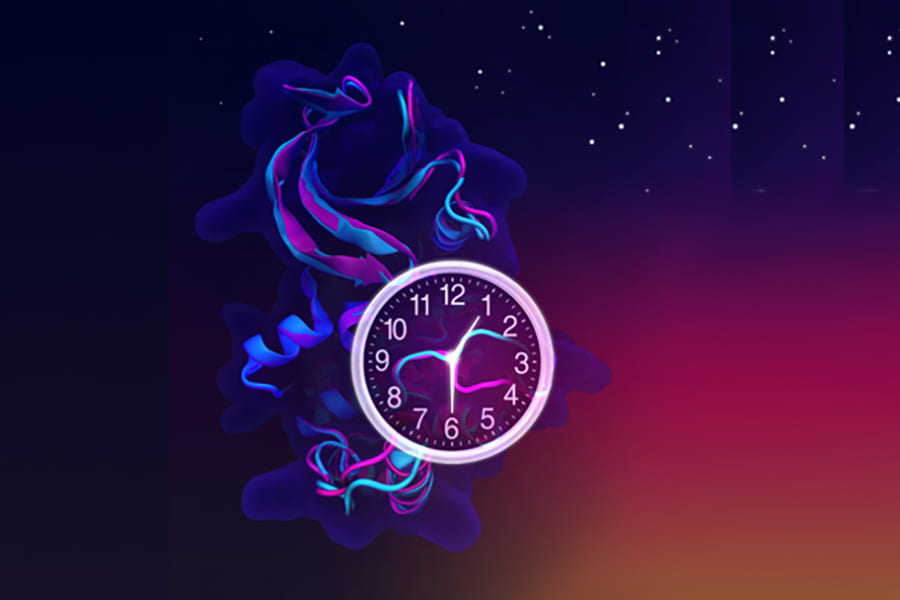Explaining how our biological clocks work and how to better regulate our circadian rhythms
As anticipation builds for the longer days that follow this weekend’s switch to daylight savings time, the moment seemed ideal to turn to one of the nation’s leading circadian-rhythms researchers, UC Santa Cruz’s Carrie Partch.





